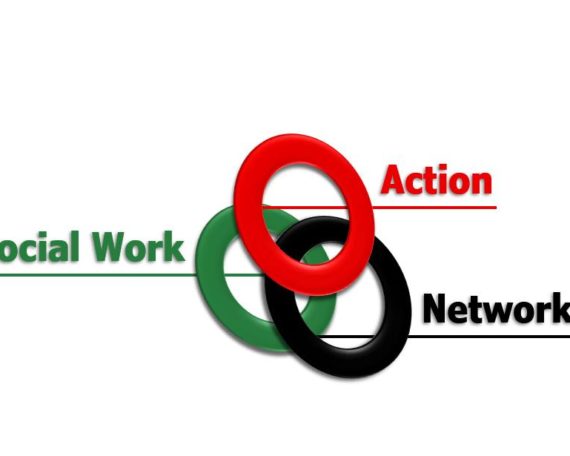The news is bouncing right now with the prospect of strikes by civil servants, teachers and lecturers in the autumn following their June 30th day of action and recent strikes by social workers in Doncaster , Birmingham and Southampton, while commentators are practicing the Paxman raised eyebrows and sneer at this ‘return to the ‘70s’. Of course history never repeats itself, we need to value and learn from that decade of protest, and to remember that radical social workers were part of that. This was most obviously through CASE CON, a magazine ‘for revolutionary social work’ whose activists met in local groups and nationally and campaigned in the community and unions. What follows is the briefest of discussions, for more see the chapter in ‘Radical Social Work Today’, edited by Lavalette (follow this link for info).
 Starting with the name, ‘CASE CON’ was a deliberate attack on the term ‘case conference’, the ‘con’ of all those earnest professionals sitting around and seeing only an endless stream of individual ‘cases‘. This was simply victim blaming when the problem was poverty, unemployment and bad housing. And we took heart from the wider political struggles of the period: ship yards occupied, successful miners strikes, the freeing of the Pentonville Dockers, Claimants Unions, Tenants Associations, anti-psychiatry groups and the burgeoning women’s movement. We were, then, part of an explicitly anti-capitalist movement that rejected traditional authority and struggled to find instead new ways of living and relating, both personally and professionally.
Starting with the name, ‘CASE CON’ was a deliberate attack on the term ‘case conference’, the ‘con’ of all those earnest professionals sitting around and seeing only an endless stream of individual ‘cases‘. This was simply victim blaming when the problem was poverty, unemployment and bad housing. And we took heart from the wider political struggles of the period: ship yards occupied, successful miners strikes, the freeing of the Pentonville Dockers, Claimants Unions, Tenants Associations, anti-psychiatry groups and the burgeoning women’s movement. We were, then, part of an explicitly anti-capitalist movement that rejected traditional authority and struggled to find instead new ways of living and relating, both personally and professionally.
For some, action focussed on community issues, especially housing with apostolic stories of social workers manning barricades to stop squatters being evicted and families bedding down in social work offices to prevent children coming into care. Heady stuff but more usually radicals acted through the unions: protesting against cuts, frozen posts, low pay, poor office accommodation. We argued that we were ‘workers not martyrs’ and that our sense of vocation should not be exploited by employers.
We should not over romanticise CASE CON. Many/most bought the magazine for the ‘Private Eye’ style cartoons and exposés, not because they were revolutionary socialists. And with CASE CON dissolving itself in 1977 it played no part in the 1978/79 strikes by field social workers or the 1983 residential workers strikes. But we did have successes. CASE CON was part of the campaign that stopped children coming into care because of homelessness and the union action against emergency standby duty led to permanent out of office hour’s teams. Some echo of the radical critique is also now part of every day practice, such as the statements about anti-discriminatory/anti-oppressive practice, recognising the socio-political content of a client’s life, working with service user groups.
But the fact that much of this is rhetoric rather than reality reminds us of the continuing need for radical challenge, and this tradition is heard clearly in SWAN’s emphasis on social justice as the heart of social work and our exploring the ‘link between a structural analysis of clients’ problems to an ethical imperative to act’. SWAN also provides, as CASE CON once did, a forum where we can learn from each other and feel less isolated in difficult times.
A longer essay about the Case Con collective by Jeremy appears in the new book: ‘Radical Social Work Today’, edited by SWAN Convenor Michael Lavalette (details at this link). A review of the book will appear on this website soon.

